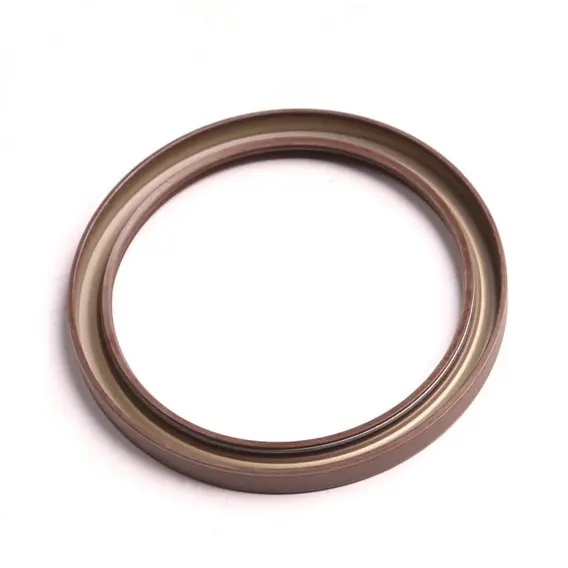12 月 . 04, 2024 09:03 Back to list
car engine gasket
Understanding Car Engine Gaskets An Essential Component for Optimal Performance
Car engines are intricate machines consisting of numerous components that work together to ensure smooth operation. One of the most critical components that often goes unnoticed is the engine gasket. While it may seem like a simple piece of material, the engine gasket plays a pivotal role in maintaining engine integrity and performance. In this article, we will delve into the significance of car engine gaskets, their types, functions, and the signs of potential issues that can arise if they fail.
What is an Engine Gasket?
An engine gasket is a mechanical seal used to fill the space between two or more mating surfaces, preventing leaks of fluids or gases during operation. Gaskets are typically made from materials such as rubber, silicone, cork, or composite materials that can withstand high temperatures and pressures within the engine compartment. There are several types of gaskets found in a car engine, each serving a specific function.
Types of Engine Gaskets
1. Head Gasket Perhaps the most well-known gasket, the head gasket sits between the engine block and the cylinder head. Its main function is to seal the combustion chamber, preventing the escape of gases and ensuring that the coolant and engine oil do not mix. A blown head gasket can lead to severe engine damage and costly repairs.
2. Intake Manifold Gasket This gasket seals the intake manifold to the engine. It ensures that the air-fuel mixture enters the combustion chamber without any leaks, which is essential for the engine’s efficiency and performance.
3. Exhaust Manifold Gasket Located between the exhaust manifold and the engine block, this gasket is crucial for sealing exhaust gases and preventing leaks that could lead to dangerous emissions and reduced performance.
4. Oil Pan Gasket This gasket seals the oil pan to the bottom of the engine. It is essential for keeping engine oil contained within the pan and preventing leaks that can lead to oil starvation and engine damage.
5. Valve Cover Gasket This gasket seals the valve cover to the cylinder head. It prevents oil leaks that could lead to engine oil loss and contamination.
Function and Importance
car engine gasket

The primary function of engine gaskets is to create a tight seal that prevents the leakage of fluids and gases. This sealing is essential for optimal engine performance, efficiency, and longevity. Leaks can lead to a variety of issues, including loss of compression, overheating, and contamination of essential fluids like oil and coolant.
A malfunctioning gasket can result in a myriad of problems. For example, a failed head gasket can cause engine coolant to mix with engine oil, leading to significant damage to the engine bearings and other critical components. Similarly, a faulty intake manifold gasket can disrupt the air-fuel mixture, resulting in poor engine performance and reduced fuel economy.
Signs of Gasket Failure
Identifying gasket failure early can save vehicle owners from costly repairs. Here are some common signs that may indicate a gasket problem
- Overheating If the engine overheats, it could be a sign of a blown head gasket, allowing coolant to escape. - Oil Leaks Visible oil spots under the vehicle might suggest a failing valve cover or oil pan gasket.
- White Smoke If you notice white smoke emanating from the exhaust, it may indicate coolant leaking into the combustion chamber due to a damaged head gasket.
- Unusual Engine Noises Ticking or tapping noises could signal a leak in the intake or exhaust manifold.
- Loss of Power A drop in engine performance or power may indicate an air-fuel mixture problem caused by a failing gasket.
Conclusion
Car engine gaskets are crucial components that ensure the engine operates smoothly and efficiently. Understanding the types of gaskets, their functions, and the signs of potential failure is essential for vehicle owners. Regular maintenance and timely repairs can prevent gasket-related issues, safeguarding the engine's integrity and prolonging its life. If you suspect any gasket problems, it is advisable to consult a qualified mechanic to diagnose and address the issue before it escalates into a more serious and costly repair. Keeping your engine gaskets in good condition is a vital step in maintaining overall vehicle health and performance.